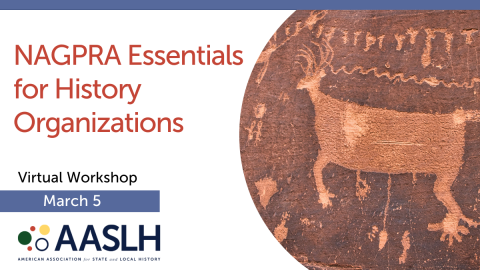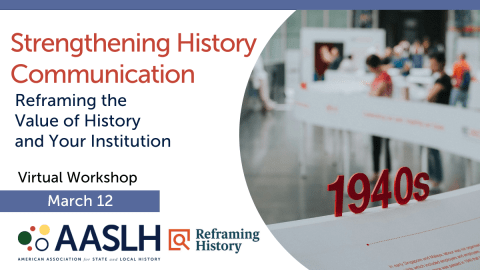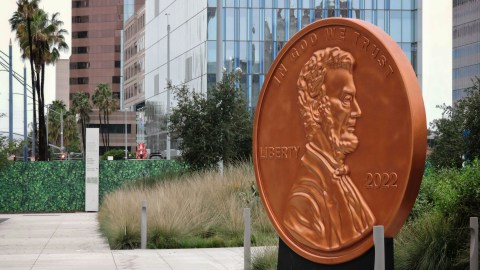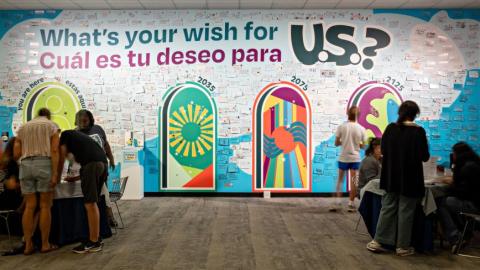Weekend before last I was in New Orleans, at the National School Boards Association conference. I was there to talk up the Alliances soon-to-be-released report “Building the Future of Education: Museums & the Learning Ecosystem” (more on that in a bit).
Katherine Prince, who directs forecasting on the future of education for the KnowledgeWorks Foundation, was at NSBA speaking on potential futures for America’s young learners. Katherine and I have long been swapping notes on this topic, and the message she delivered in NOLA highlighted projections which we both feel are very likely: the coming era of transformation in US education; the danger of creating a fractured landscape of learning which exacerbates social and economic stratification; the potential of integrating resources offered by museums, libraries and archives into a vibrant learning grid that serves the needs of all learners. Katherine was kind enough to give me time, at the end of her talk, to invite board members to come talk to me and my colleagues in the Alliance booth about what they want, and get, and need from museums, to sign up to receive CFM’s education report and to volunteer to be part of a larger conversation between museums and schools.
I confess I was expecting resistance to the premises that underly the vision of education Katherine and I buy into: that learning works best when it is self-directed, passion-based, experiential and directed towards “real world work.” These principles align very well with the growing consensus that, in order to thrive in the 21st century, young people need to hone their skills of creativity, collaboration, communication and critical thinking. They don’t mesh so well with the current focus on regimentation, standardized teaching and hyper-testing. I went to this conference assuming that the majority of school board members support the status quo.
Instead, I found that NSBA had seeded the conference numerous educational critics and reformers–Sir Ken Robinson, Thomas Friedman, Nikhil Goyal, Erin Gruwell–who hammered home the point that current political and social trends are doubling down on an anachronistic educational paradigm. And the attendees seemed largely receptive to their messages, though hesitant and unclear on how to change to a new paradigm. The most common question I heard, lobbed at several of these speakers, was “how do you feel about the common core and standardized testing?” I was interested to hear each give variations on the same answer: common core and standardized testing are two different issues, even if they are yoked in current policy discussions. None were fundamentally opposed to their being some common framework for society “we all should be conversant with this”–even if there were varying degrees of enthusiasm about the content of the current standards. All felt that the current narrow focus on testing was immensely counterproductive, destructive both to teachers and students.
So, (at last I get to my musing for the day) I was heartened to return to DC and find this headline in my inbox, sent by a colleague:
Education Taskforce Meets in Boise to Eye Ideas
The article reports that the [Idaho] governor’s Task Force for Improving Education met to discuss legislative proposals, including “a switch to mastery-based education that would let students advance based on when they fully grasp a concept, rather than the time they spend in a classroom.” It notes “Proponents hope more autonomy on local levels will give teachers room for creativity and innovation — possibly sparking a better way to reach students” but acknowledges that this is at odds with the push towards standardized teaching and testing, and that the task force members don’t have a clear idea on how to meaningfully measure mastery.
But at least this task force is trying to change the system. As Sir Ken pointed out in his talk, we can’t expect to teach creativity through an educational system that is itself designed around standardization. I find it encouraging that not only individual school board members, but their national association and policy makers at the state level are taking this message to heart.
Now, what can museums do to help create the new educational era, one premised on diverse, creative learning environments? That is what the Alliance is beginning to explore, starting with the release later this month of “Building the Future of Education”. We will use this report to start discussions at the local, state and federal level about what it would take to break down the barriers between museum educational resources and the full spectrum of young learners—whether they are in public or private schools, home schooled or unschooled–and what role the Alliance can play in making that happen. Keep an eye on the Alliance website, and this blog, for the release of the report. I look forward to hearing your thoughts on who we should recruit into this discussion, and what experiments we could try, as we explore next steps.
Monday Musing: the Future of Education, Testing & the Common Core
Category:
Center for the Future of Museums Blog
Posted on








Elizabeth,
Very much looking forward to your next report, found the first version of it a few years ago very helpful with evaluation projects for school programs for museums.
I wonder if you'd consider asking some of the folks from National History Day to be part of the conversation; they study of the effects of participation in History Day. There is data on how it helps them perform on standardized tests (oh well) but also data on skills such as time management, collaboration, etc. Here's a link to their report: http://www.nhd.org/NHDworks.htm